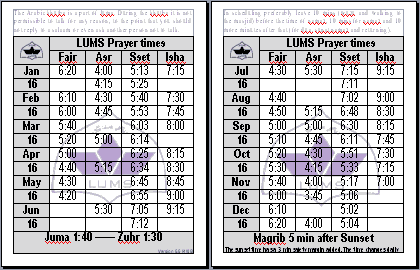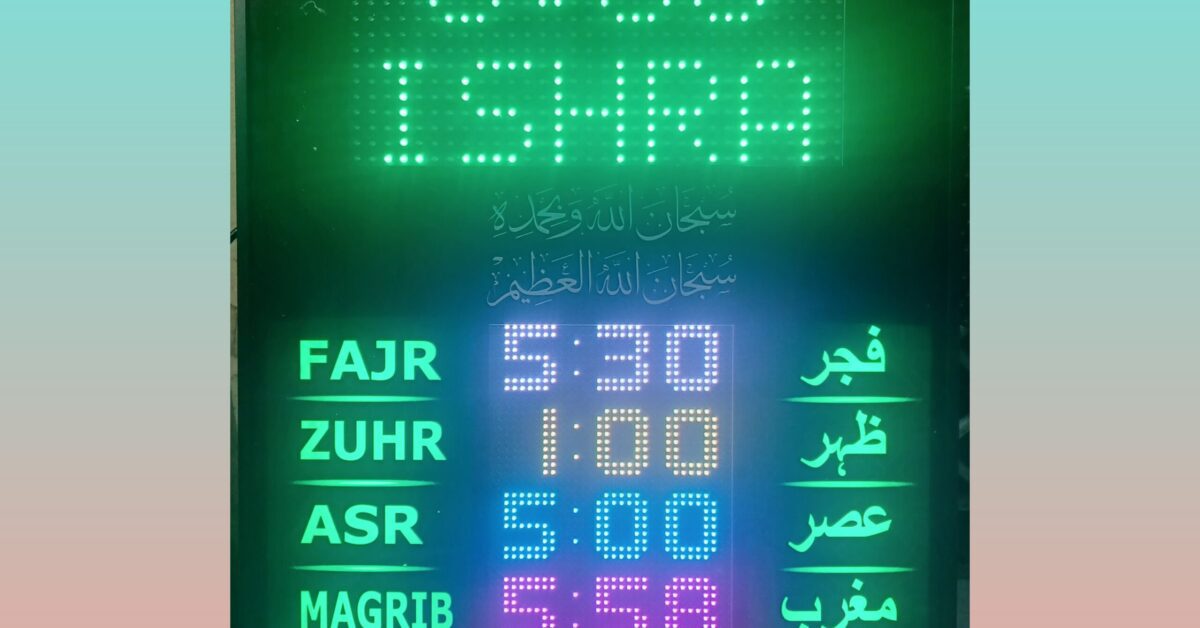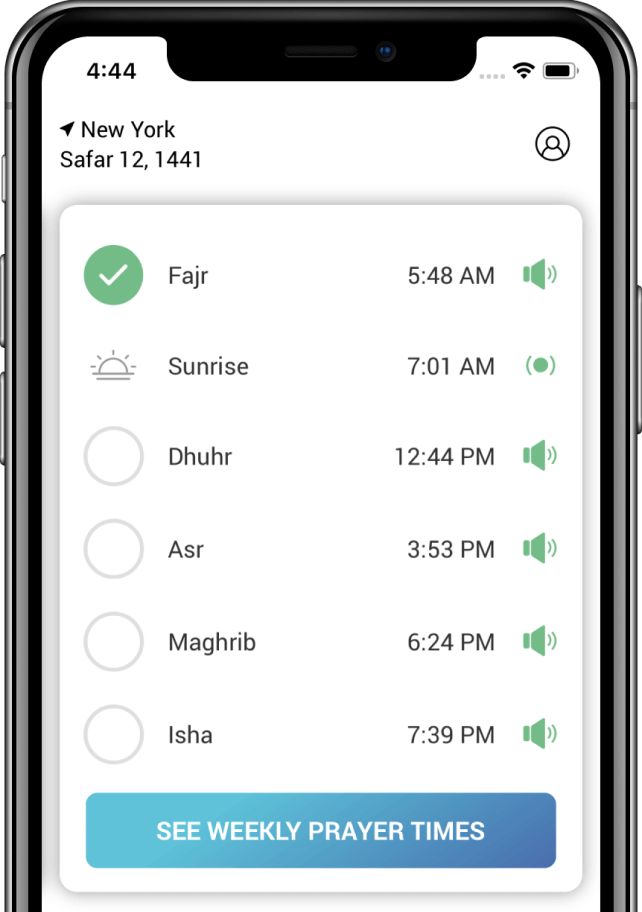Introduction
Understanding the namaz time today is crucial for practicing Muslims. Namaz, or Salah, is the daily ritual prayer that forms one of the five pillars of Islam. Knowing the correct timing for these prayers is essential to ensure that they are performed properly. In this article, we will explore how to find the accurate namaz timings for today, the importance of adhering to these times, and the factors that can affect them.
The Importance of Namaz Timing
For Muslims, performing namaz at the right time is not just a routine; it reflects obedience to God’s commands. Each of the five daily prayers has specific timings that are determined by the position of the sun, which can vary based on geographic location and date. Here are the main prayers and their general timings:
- Fajr: The pre-dawn prayer, performed before sunrise.
- Dhuhr: The midday prayer, observed when the sun passes its zenith.
- Asr: The afternoon prayer, prayed when the shadow of an object is equal to its length.
- Maghrib: The evening prayer, performed just after sunset.
- Isha: The night prayer, observed when the twilight has disappeared.
It’s important to note that these timings can vary from one day to another, which is why checking the namaz time today is essential for every practicing Muslim.

How to Find Today’s Namaz Timings
Finding the correct namaz time today can be done easily through various methods:
Local Mosques: Most mosques announce prayer times and display them in prominent places. This is often the most reliable method.

Islamic Apps: There are numerous mobile applications available that provide accurate prayer times based on your geographical location. Many of these apps even send notifications for each prayer.
Websites: Several Islamic websites provide prayer time calculators that allow you to enter your location to find accurate timings.
Community Boards: Many Islamic community centers maintain prayer timetables that you can refer to.
Islamic Calendars: Some printed calendars include prayer times for the entire year.
By utilizing these resources, you can ensure that you are aware of the namaz time today and can perform your prayers punctually.

Factors Affecting Namaz Timings
Several factors can influence the determination of prayer times:
Geographical Location: The latitude and longitude of your location can significantly affect the timings, especially in regions far from the equator.
Seasonal Changes: As the days lengthen or shorten with the changing seasons, prayer times will shift accordingly.
Local Regulations: In some places, local governments may have their own guidelines for determining prayer times.
Sunnah Practices: Some individuals may choose to follow specific traditions that may slightly alter the conventional timings.
Understanding these factors can help you remain mindful of your prayer schedule, ensuring that you do not miss a prayer due to a misunderstanding of the namaz time today.
The Spiritual Significance of Timely Prayers
Performing namaz on time is not merely a ritual; it carries profound spiritual significance. Here are a few reasons why timely prayers are emphasized in Islam:
Discipline: Following a set schedule for prayers instills discipline in one’s daily life.
Connection with God: Timely prayers enable a consistent connection with God, fostering a sense of spirituality and mindfulness throughout the day.
Community Bonding: Praying at the mosque during congregational prayers strengthens community ties and builds support networks among Muslims.
Personal Reflection: Each prayer time serves as a moment of respite from daily activities, allowing for personal reflection and gratitude.
In essence, adhering to the namaz time today deepens one’s spiritual relationship with God and enhances the sense of community with fellow Muslims.
Conclusion

Being aware of the namaz time today is fundamental for every practicing Muslim. It allows individuals to fulfill one of their primary religious obligations while maintaining a disciplined and spiritually focused lifestyle. Utilizing local resources, modern technology, and understanding the factors influencing prayer times can enable effective practice. Remember to check your local prayer timings regularly and embrace the spiritual benefits offered through timely prayers.
FAQ
Q1: How do I determine the namaz time today for my location?
You can check local mosques, use Islamic apps, or visit Islamic websites that provide prayer time calculators.
Q2: Why do prayer times change daily?
Prayer times change daily due to the sun’s movement across the sky, which varies with seasons and geographical locations.
Q3: What are the five daily prayers in Islam?
The five daily prayers are Fajr, Dhuhr, Asr, Maghrib, and Isha, each with specific timings.
Q4: Can I perform prayers outside of their designated times?
While it is preferred to perform prayers at their designated times, certain prayers can be combined or performed at later times in specific circumstances.
Q5: Are there any apps for tracking prayer times?
Yes, there are various apps available for both Android and iOS devices that provide accurate prayer timings based on your location.
Q6: Is it important to pray in congregation at the mosque?
Praying in congregation is highly recommended in Islam, as it strengthens community bonds and emphasizes unity among Muslims.















